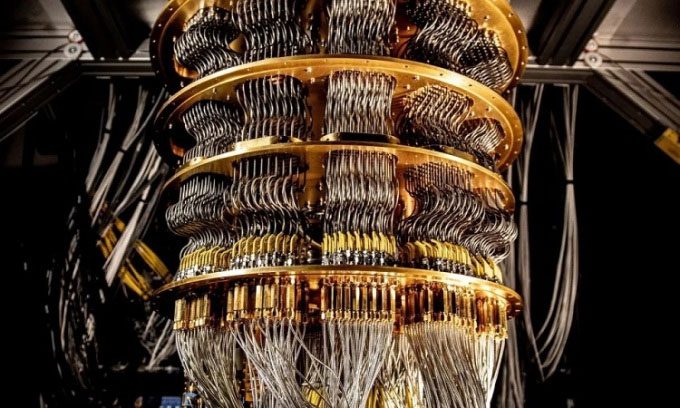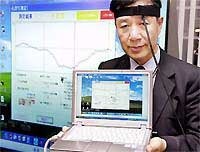Google Develops Quantum Computer Capable of Performing Calculations That Would Take the World’s Best Supercomputers 47 Years.

Google research team develops technology beyond the capabilities of current supercomputers. (Image: Google Quantum AI/PA)
A report from Google researchers indicates that the company’s latest technology surpasses the capabilities of classical supercomputers, as reported by Telegraph on July 3rd. According to them, the technology relies on a special state of quantum physics, enabling the creation of super-powerful machines to tackle climate change and produce breakthrough drugs.
Four years ago, Google became the first company to achieve “quantum supremacy,” a milestone where a quantum computer can perform a calculation that no classical computer can accomplish in a reasonable time frame. At that time, some opinions suggested that Google was exaggerating the differences between quantum computers and conventional supercomputers. However, the company’s paper titled “Phase Transition in Random Circuit Sampling,” published in the ArXiv database, describes a device that could settle the debate.
While the 2019 machine had 53 qubits (the basic unit of quantum information), the new generation computer boasts 70 qubits. The addition of qubits exponentially enhances the power of the quantum computer, meaning the new machine is 241 million times more powerful than the 2019 version. According to the research team, Frontier, the world’s leading supercomputer, takes 6.18 seconds to solve a calculation from Google’s 53-qubit machine. With the latest version, that time increases to 47.2 years. The researchers also noted that their latest quantum computer is more powerful than China’s machine.
According to Google, larger quantum computers can manage quantum noise, disturbances that threaten to disrupt the fragile states of qubits, allowing for continued computation. However, Sebastian Weidt, CEO of Universal Quantum in Brighton, emphasized that quantum computers need to demonstrate more practical functions. “This is a very good demonstration of quantum advantage. However, the algorithm they are using doesn’t really have practical applications. We need to move towards an era of multi-qubit quantum computers that start providing value to society in ways classical computers never could,” Weidt stated.




















































